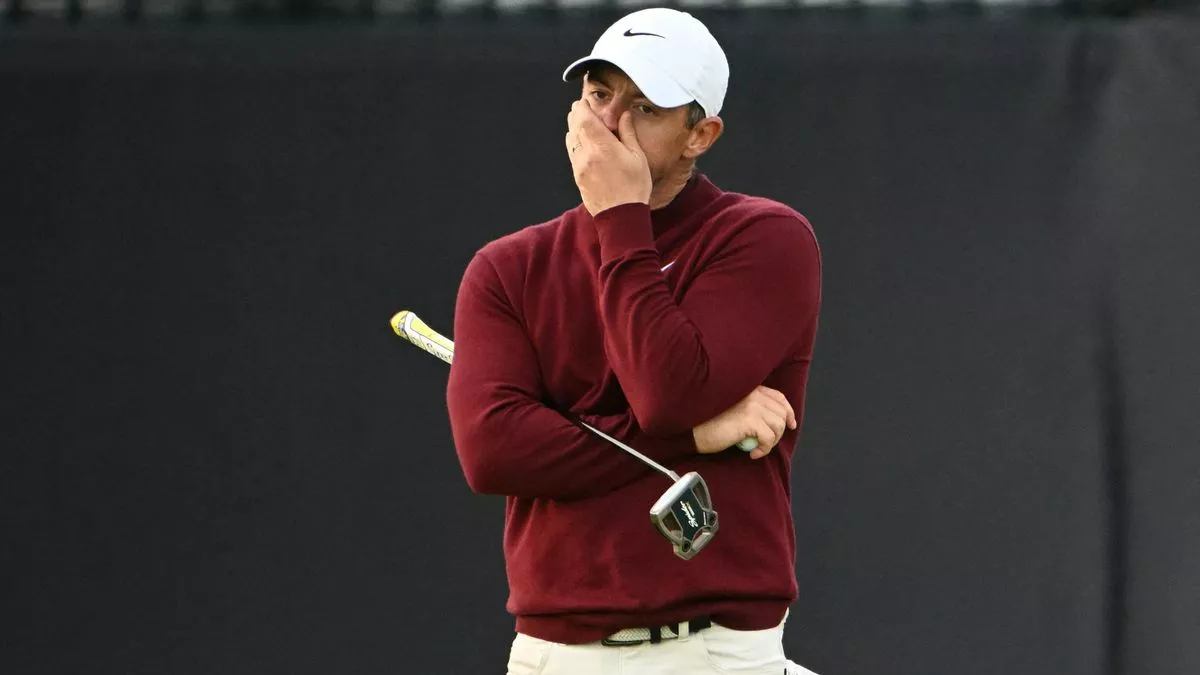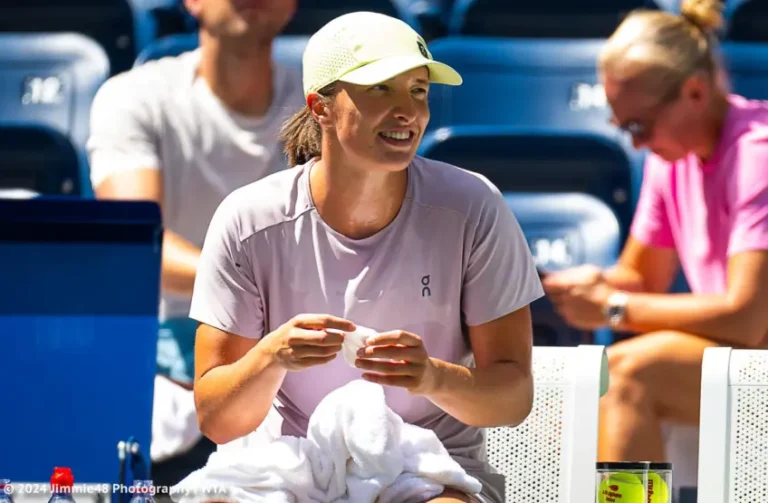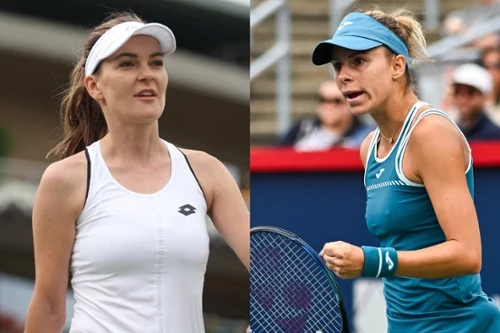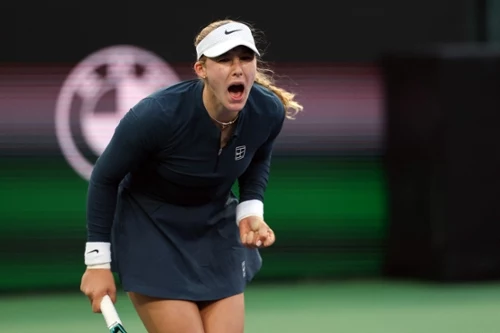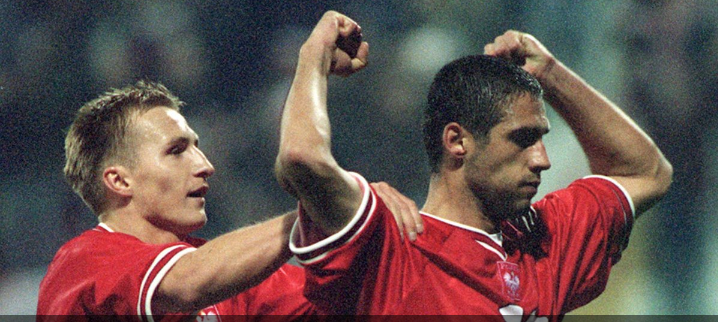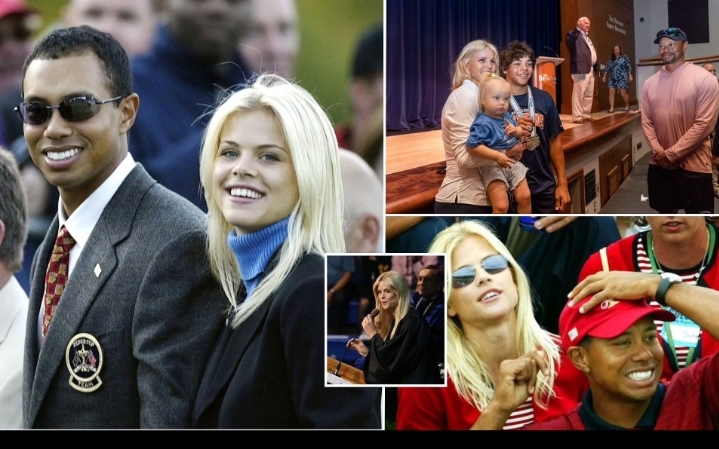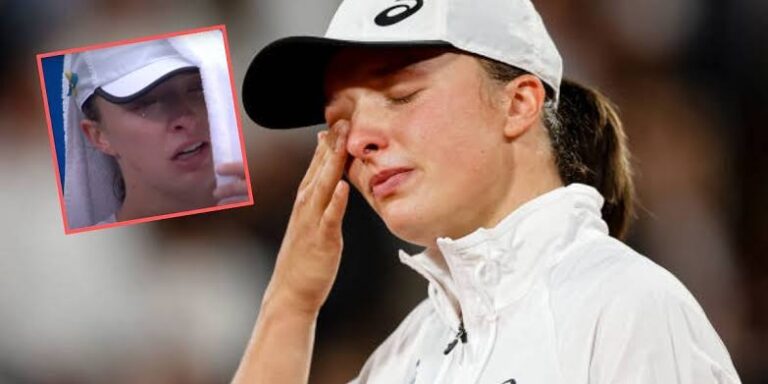Rory McIlroy’s Former Coach Highlights Mental Block as Key Issue in Major Drought
Rory McIlroy’s pursuit of another major title remains elusive, as evidenced by his recent performance at The Open. The Northern Irish golfer, who has not secured a major championship since his victory at the 2014 PGA Championship, experienced a disappointing outing at Royal Troon. McIlroy missed the cut after posting a lackluster first-round score of 78, followed by a second-round 75, resulting in a cumulative score of 11-over par. This performance further extended his decade-long drought in major tournaments, adding to the frustration of a year where he narrowly missed out on the U.S. Open title, ultimately losing to Bryson DeChambeau.
In the wake of these setbacks, McIlroy’s former swing coach, Pete Cowen, has provided insight into the factors contributing to McIlroy’s current struggles in major competitions. Cowen, who worked with McIlroy for eight months in 2021, believes that the golfer’s issues are not purely technical but predominantly psychological. According to Cowen, McIlroy’s mental state plays a significant role in his challenges during high-pressure situations, such as major tournaments.
Cowen noted that while McIlroy does exhibit technical flaws in his swing, these are not the root cause of his major championship difficulties. Instead, Cowen pointed to a persistent mental block as a critical factor. “He’s got the same fault all the time,” Cowen remarked. “The good thing about it is it’s the same fault, but that’s also the bad thing about it.” He elaborated that McIlroy has a recurring issue with his swing, where he tends to drop the club under and flip it, resulting in inconsistent ball flight. Although McIlroy is aware of this flaw and has worked to correct it, the pressure of major tournaments seems to exacerbate the problem.
Cowen also emphasized the significant role of mental fortitude in golf, especially at the highest levels. “These guys are so good, so most of it is down to the mental side of the game,” Cowen stated. He highlighted how expectations and course setups can impact players differently. For example, while some believe that Augusta National is well-suited to McIlroy’s style of play due to his ability to hit a draw, Cowen pointed out that golf legends like Jack Nicklaus have succeeded at Augusta with a different approach, demonstrating that success in majors is not solely determined by a player’s technique but also by their mental resilience and adaptability.
Reflecting on McIlroy’s recent performances, Cowen remains hopeful that the golfer will eventually secure another major title. However, he expressed concern over the unpredictable nature of the sport and the mental challenges that McIlroy faces. Despite these challenges, Cowen believes that McIlroy’s talent and past successes suggest that he has the potential to overcome these hurdles and achieve future victories.
McIlroy himself has been candid about his struggles and the mental aspect of his game. In an interview with The Guardian, he acknowledged the difficulties of maintaining a winning mindset amidst setbacks. “You have to be an eternal optimist,” McIlroy said, reflecting on his performance throughout the year. “Say you play 25 events a year and win three of those. You are one of the best players in history. We lose way more than we win.” McIlroy’s perspective on his recent heartbreak at the U.S. Open was one of resilience and determination. He admitted that despite being in a favorable position to win, he has experienced similar disappointments before and understands that such setbacks are part of the sport.
McIlroy’s ability to stay focused and positive, despite his recent challenges, is a testament to his character and commitment to the game. “Yes, I was in a great winning position and should have won, but it’s not the first time I have let something slip away,” he remarked. “It’s probably not going to be the last. You have to look at it on the continuum. It was tough but it is one tournament.” McIlroy emphasized the importance of perseverance and learning from each experience. “I play 23-25 per year. You have to keep going. The great thing about this game is you have an opportunity to get back on the horse right after a tough loss. You try to learn from it and do better next time.”
In summary, while Rory McIlroy continues to face challenges in major tournaments, both technical and psychological factors contribute to his current drought. Pete Cowen’s analysis highlights the importance of mental resilience in overcoming these obstacles. McIlroy’s own reflections underscore his determination and optimism, suggesting that despite the hurdles, he remains committed to pursuing future success in the world of professional golf.
